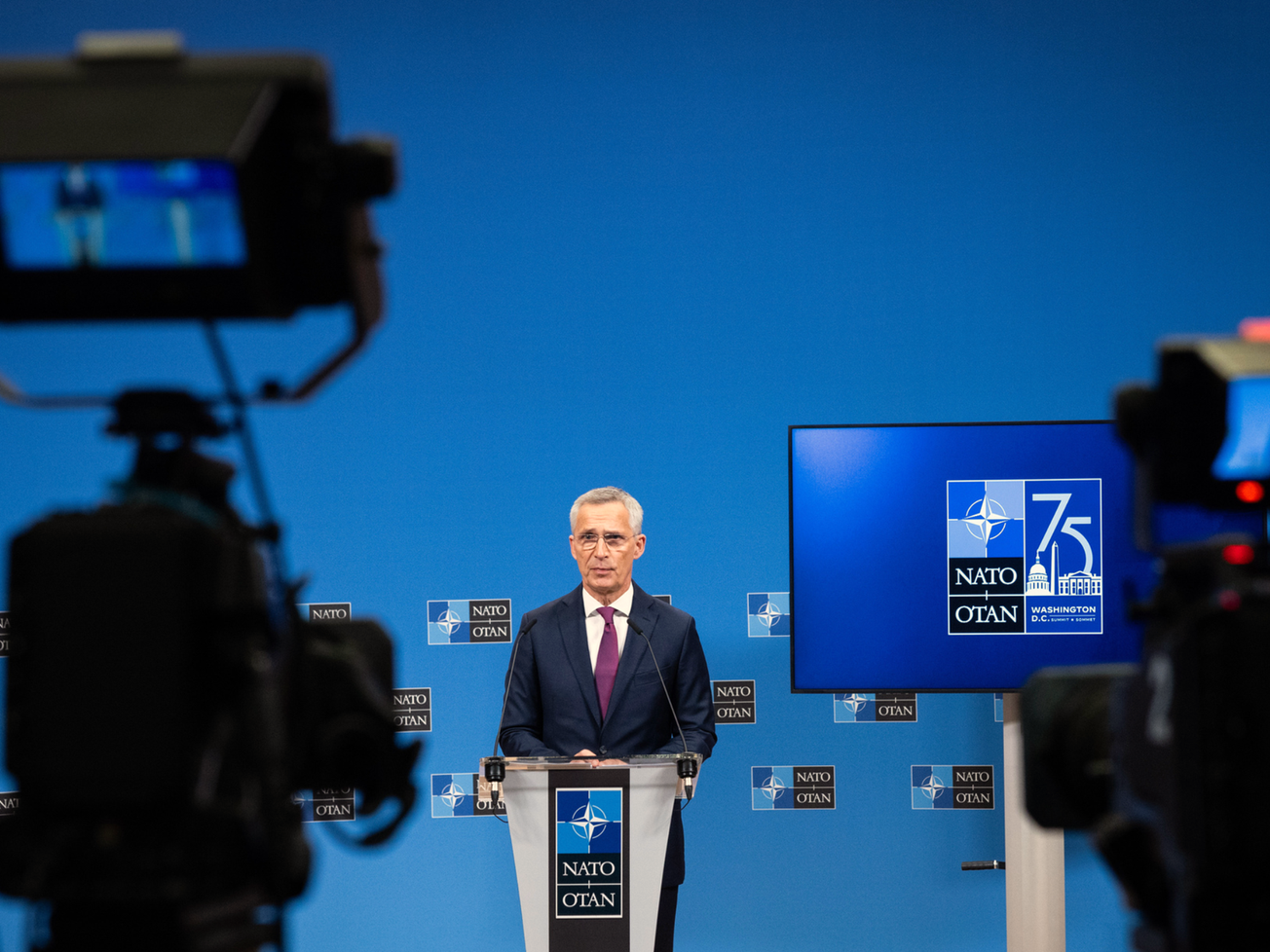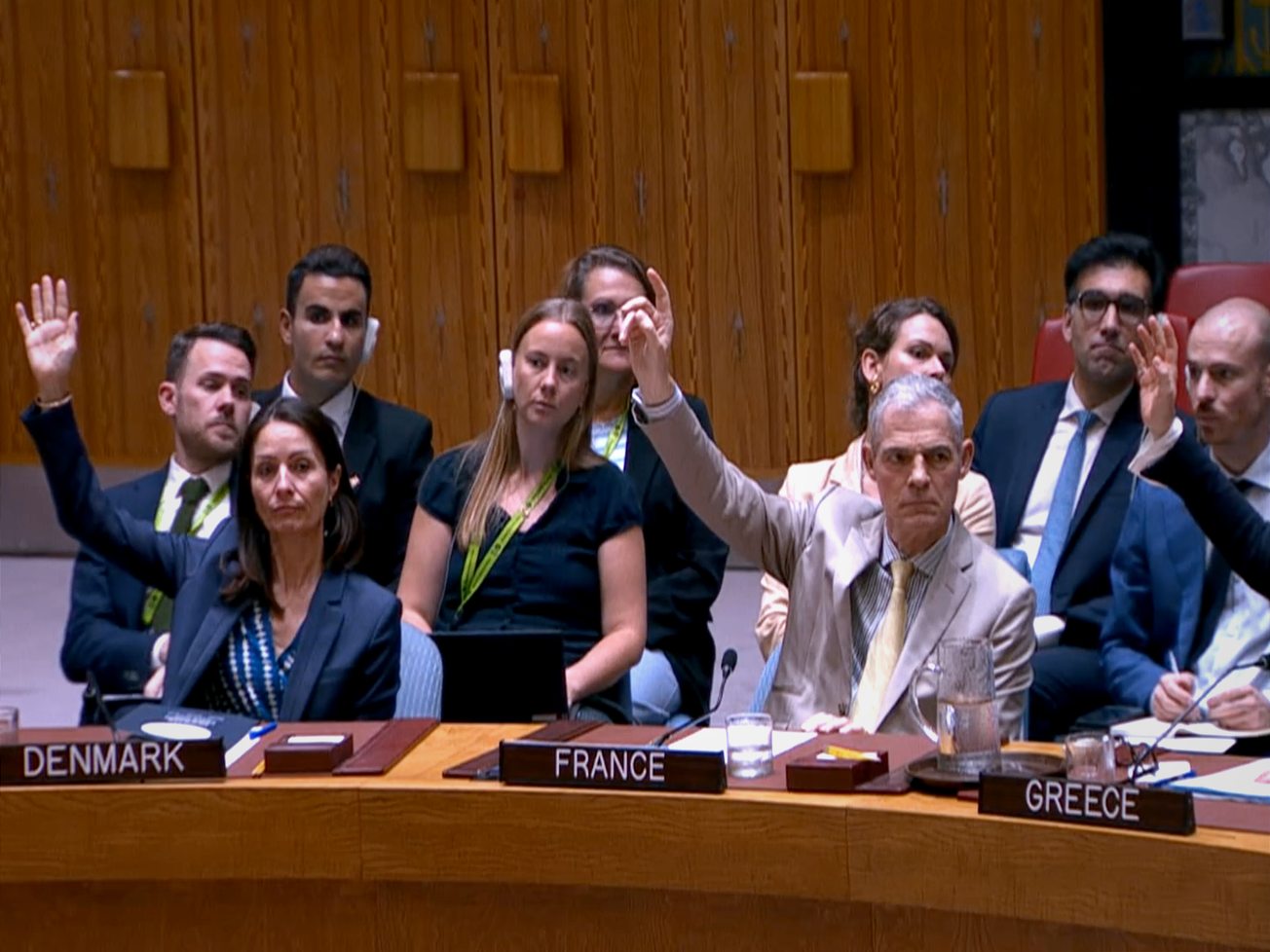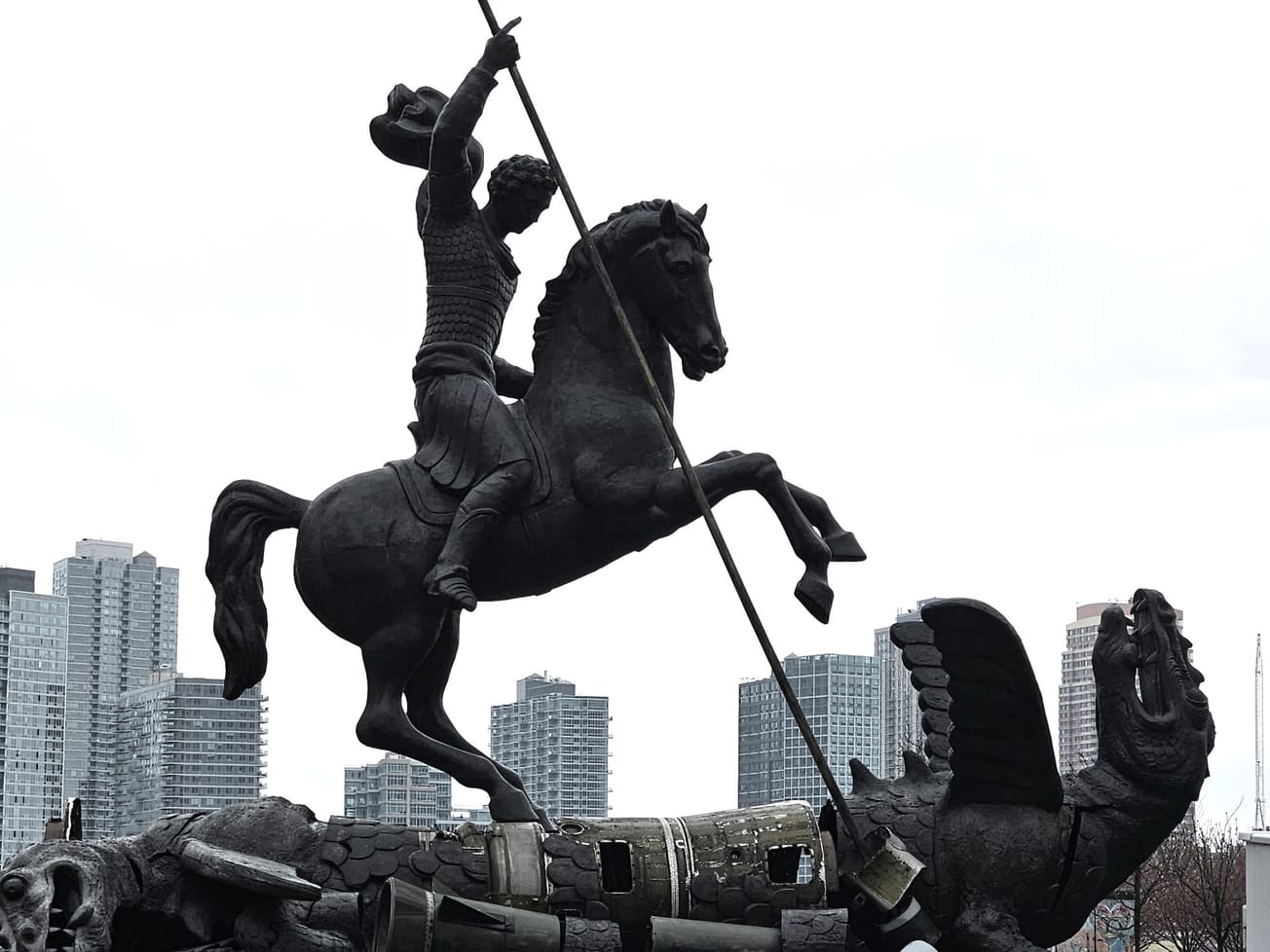Preparing for the NATO summit in Washington, Western leaders have much to celebrate with the military alliance's expansion and spending, but face a set of stern challenges – from Russia's war in Ukraine and a crucial U.S. election to the Russia-China alliance and terrorist threats in Europe.
This year’s annual summit, only the fourth to be held in the United States since the 2012 Chicago summit and 1999 and 1978 Washington summits, is unlike any other before it, and it's not just because NATO is turning 75.









